We continue with our Storage Highlights Countdown, in the run-up to Energy Storage Europe Düsseldorf on March 12-14. Messe Düsseldorf has partnered with pv magazine to produce a special publication dedicated to the event. As part of the project, we tasked an independent jury of experts to rank a range of new Energy Storage Highlights that will be exhibited at the event.
The full ranking will appear in the Energy Storage special issue. Last week we presented a self-sufficient multi-family house in Switzerland and DNV GL’s approach to a battery performance scorecard. With not even half of our top ten covered yet, there are more exciting entries to see.
Without further ado, we present…
#6
ZAE Bayern
Cooling accumulators in fridges help shift loads
Fridges and freezers are appliances that can account for a sizable chunk of an energy bill, despite the efficiency improvements achieved in recent years. Such appliances require energy in recurring intervals throughout the day to maintain temperature. That, however, doesn’t always have to be provided at precisely the moment of the appliance’s choosing.
A team of researchers at ZAE Bayern has developed a new approach. The team have come up with a fridge-freezer that deploys thermal storage made from a phase change material (PCM). The PCM in this case is a saline solution that freezes at -20 degrees Celsius. It can maintain a constant fridge temperature for around seven hours without the need for additional energy.
The PCM means the fridge could be switched off overnight to save energy and switched on again during sunlight hours. Another use would involve the avoidance of ‘charging’ the fridge during peak demand hours. In the demonstration product, the ZAE Bayern researchers demonstrate complete re-freezing of the PCM and fridge takes five hours.
Thermal storage in this manner is comparatively cheap but suffers from similar efficiency degradation and self-discharging effects other storage technologies struggle with. While a conventional fridge without thermal storage has an average consumption of 900 watt-hours, consumption with thermal storage increases to 1,200 watt-hours.
According to estimates from ZAE Bayern, around 1-2 GW of load could be shifted flexibly if just half of Germany’s fridges deployed thermal storage. In the future, the technology could be used in supermarkets or cold-storage warehouses.
Jury comments:
Rolf Heynen: “With the number of freezers deployed it would have an enormous impact, to use them to shift the load to balance the grid would have a big impact. It is, therefore, a system innovation.”
Mark Higgins: “It is appealing that this solution allows a shift in energy consumption without any behavioral change.”
ZAE Bayern’s chair of ESE, Andreas Hauer, can be heard at Energy Storage Europe in Düsseldorf on stage during the welcome and opening session on March 12, from 10 am in Room HCR1.
Popular content
The jury
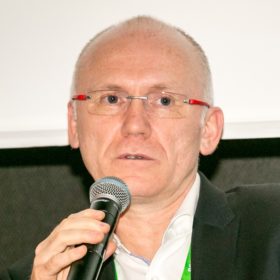
Xavier Daval
Daval is an international solar and storage expert as well as CEO of French solar technical advisory firm kiloWattsol SAS, which he founded in 2007. He is an electrical engineer and former director for the EMEA region for an NYSE-listed manufacturer of tools for the electronics industry. He is also VP of French renewable energy association Syndicat des Energies Renouvelables, chair of its solar commission and director of the Global Solar Council.

Logan Goldie-Scot
Goldie-Scot heads the energy storage insight team at BloombergNEF. He leads the company’s analysis on the global energy storage markets, providing insights on technology, markets, policies and regulation, as well as the competitive landscape. He also oversees the company’s analysis of supply chains.
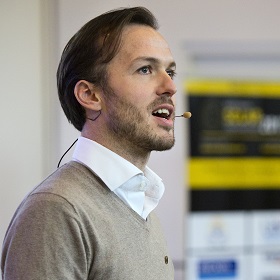 Rolf Heynen
Rolf Heynen
Heynen is director of Good! New Energy. Good! is known for the annual Dutch Solar Trend Report – also published in English – the Solar Quarterly, the Solar Solutions international trade fair and the Solar Business Day conference. Good! is also active in renewable heating, smart lighting and buildings, energy storage, consulting, energy modeling and market research. Heynen holds degrees in electrical engineering and political science.
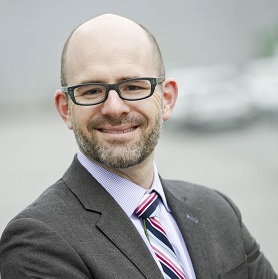
Mark Higgins
Higgins is chief operating officer of Strategen, a professional services firm focused on market development for a decarbonized grid. His broad energy sector experience before Strategen included serving as director of utility west at SunEdison, VP of finance for Hu Honua Bioenergy, and as Pacific Gas & Electric’s lead in key policy areas including interconnection and transmission planning.
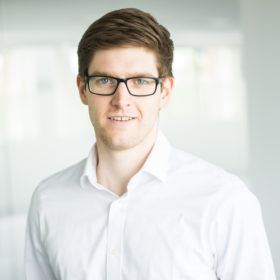
Julian Jansen
Jansen is a research manager at IHS Markit Technology. He leads the group’s global research on stationary energy storage and provides insight on the key value drivers and emerging business models accelerating storage deployment across Europe and North America. Jansen also delivers strategic advice for bespoke projects featuring new energy technologies.
 Florian Mayr
Florian Mayr
Mayr is a partner at Apricum and head of its energy storage, digital energy and green mobility practices. He is an expert in strategy, business development and transaction advisory in global renewable energy markets. Mayr advises cleantech companies on corporate and project financing. Before Apricum, he spent eight years in senior positions at McKinsey & Company and RWE.
This content is protected by copyright and may not be reused. If you want to cooperate with us and would like to reuse some of our content, please contact: editors@pv-magazine.com.
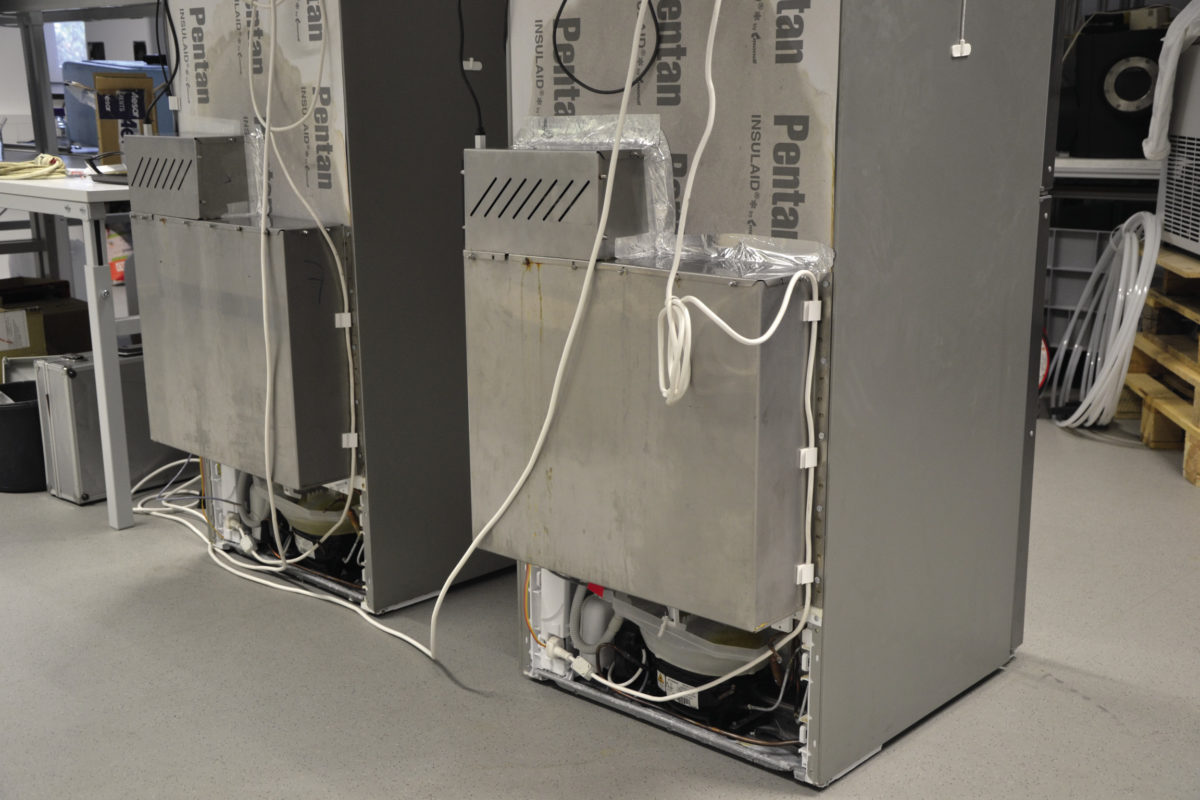

I have wondered for a while now why refrigerators haven’t shifted to using vacuum insulated doors. It seems like it would be better all-around for insulation and it would make them a lot lighter than they are now. I would think the doors are sturdy enough to deal with a vacuum and you could easily insert a frame inside the door to keep the sides from collapsing.
A simpler concept is controlling fridges simply by switching them off for a small amount of time to lower peak loads and provide frequency services . eg send a signal via the powerlines.
As proposed by David Hirst